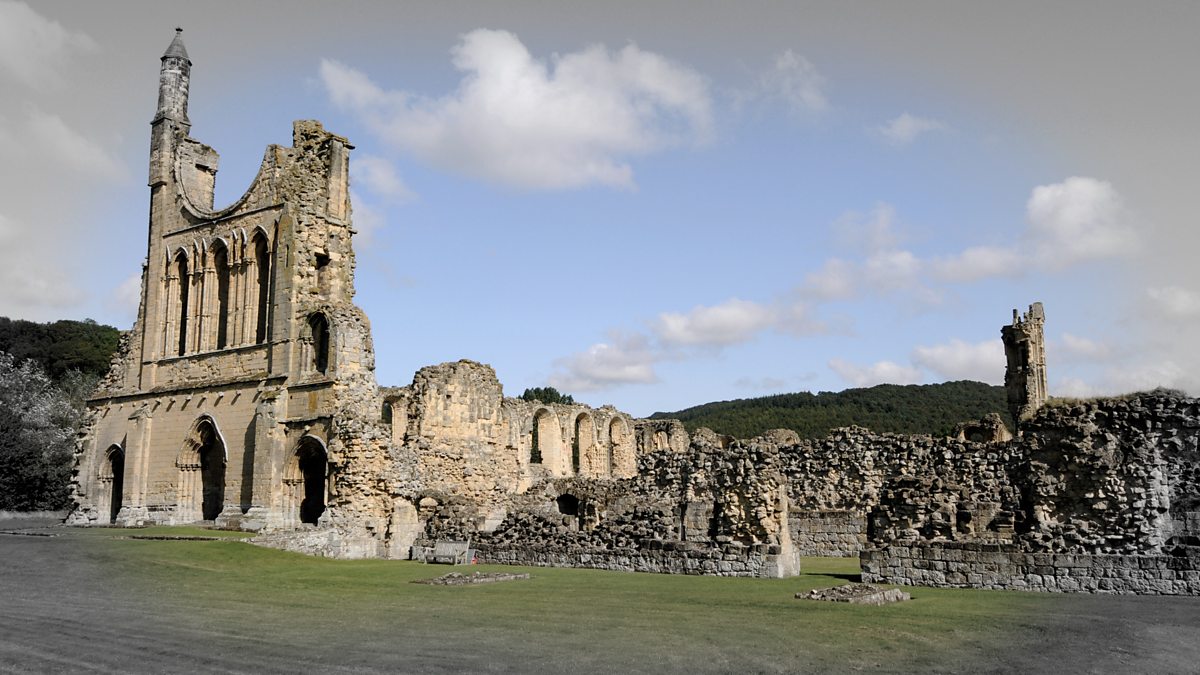Originally posted by Magnificat
View Post
And no asking "why" - because no answer I've ever heard to "why" is any answer at all.

Comment